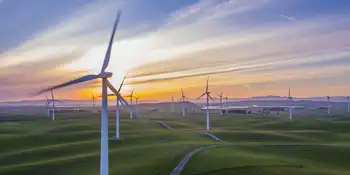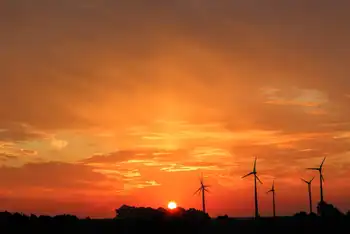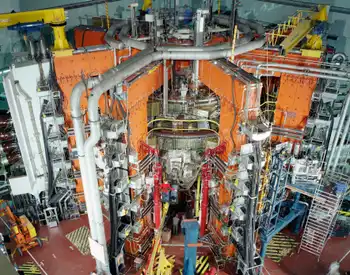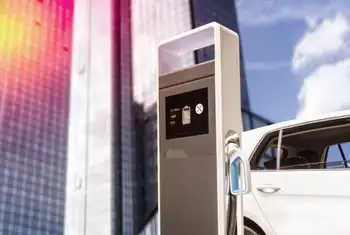Energy efficiency will slow demand
MEDFORD, OREGON - Americans are more plugged in than ever before.
While the population more than doubled to 302 million between 1959 and 2009, U.S. energy consumption grew exponentially — to 1.4 quadrillion watt-hours from 100 trillion watt-hours.
That's a boom any business should love. But mandates to end coal and much of hydropower energy production now and in coming years have caused energy and utility companies to rethink the future.
"The energy industry is increasingly complex and dynamic because of a number of external and internal forces at work in our industry," Don Kopczynski, an Avista Corp. vice president told a Chamber Forum audience at Rogue Valley Country Club. "It's a whole new world when it comes to state and federal policies. We're experiencing additional requirements for environmental, financial and safety compliance along with stricter reliability standards. Electricity from renewable energy sources will cost more — not less — to deliver."
Kopczynski, who oversees transmission and distribution operations, said utilities secure power in three ways: Generation, purchasing and conservation. The cheapest electricity for Avista and other utilities comes from conservation because it can be sold to another user. A significant part of long-term conservation is built into more efficient, new-generation products — from lights to automobiles.
In an interview after the forum, Kopczynski noted refrigerators consume half the amount of energy they did 15 years ago.
"The energy used by lights is 10 percent of what it was," he said. "That frees up electricity for cell phones and alarm clocks.
He said research has shown the grid can handle the coming wave of electric cars.
"If you plug them in at the right time — at night — they won't impact the grid," Kopczynski said. "It's been determined you could replace 75 percent of the cars and not have to build a new plant."
He said the move to more efficient products will take time, partly because from 1900 to the 1970s, electricity was continually cheaper before regulatory and other factors reversed the trend. Now products are engineered with an eye on reduced energy consumption.
Just as innovation helped Craigslist, PayPal, Skype, Hulu and Amazon.com supplant existing industry models during the past decade, Kopczynski told his audience, utilities will have to make changes and consider its options.
"Building new hydropower is all but out of the question — siting constraints along with development costs and timing make it very difficult to build large hydropower plants in the U.S.," he said. "But by upgrading our existing hydro resources, we can generate more energy using the same amount of water, and those upgrades qualify as renewable power."
Kopczynski reminded his listeners wind is inconsistent as an energy support.
"The wind doesn't always blow," he said.
On the other hand, there is a 100-year supply of natural gas from shale, where new drilling technology has made previously untapped shale gas basins accessible.
In parts of the country, he said, nuclear energy is expanding, because of laws that are phasing out coal power plants.
While dams are being removed in the Northwest, Kopczynski said, Canada is poised to increase its hydroelectric capacity by 30 percent with new dams in coming years.
Related News
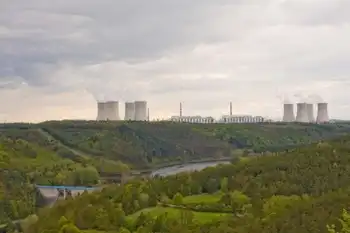
We Energies refiles rate hike request driven by rising nuclear power costs
MADISON - Wisconsin's largest utility company is again asking regulators to raise rates to pay for the rising cost of nuclear energy.
We Energies says it needs to collect an additional $26.5 million next year, an increase of about 3.4%.
For residential customers, that would translate to about 73 cents more per month, or an increase of about 0.7%. Commercial and industrial customers would see an increase of 1% to 1.5%, according to documents filed with the Public Service Commission.
If approved, it would be the second rate increase in as many years for about 1.1 million We Energies customers, who saw a…

